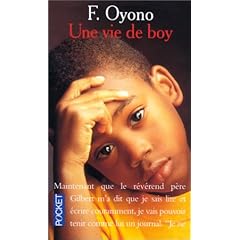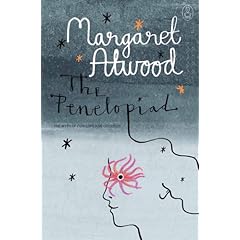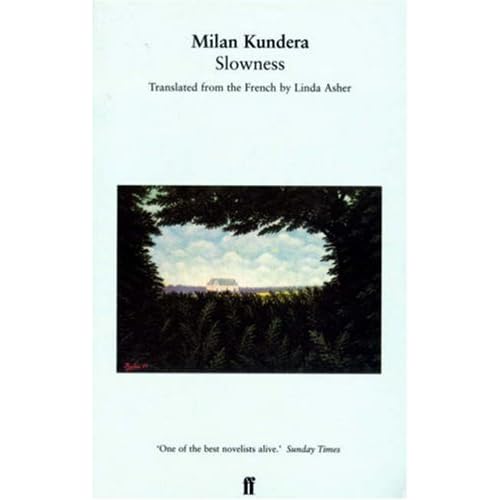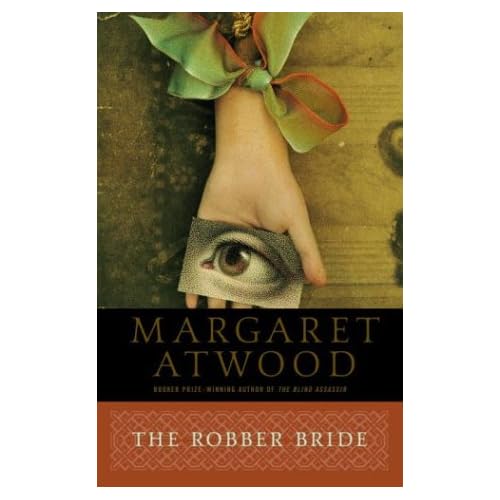Why is French such a complicated language(with such impossible to conceive pronounciations)?
Oft has this question been posed to me and I've always shrugged in response, saying that the people responsible have long been interred and are by now decomposed to the point that even if you tried tracking them down in hell (they couldn't have gone to heaven, surely, after having been this cruel and come up with such impossible words!), there wouldn't be much of them left to question. An answer that has frustrated many of my students, I'm sure.
I finally have the beginnings of an informed answer, thanks to, The Story of French, by Jean-Benoît Nadeau and Julie Barlow, a brilliant treatise on the evolution of the language I teach and love, but often do not fathom!
According to historian Ferdinand Brunot, members of the Academy steered away from phonetic spellings because they were afraid of looking ignorant of the historical roots of a word. But this orientation was also the expression of a class struggle. The lettered class promoted complicated spellings as a way of holding onto power; by making it hard to learn French, they made it harder for anyone outside their class to enter the circles of power.
Bloody snobs, is the first reaction, isn't it? But to understand this better, I must explain some more, even if briefly. French, as the language we know today, hasn't always existed in this form. Far from it infact...the language of the common people, patois, or the regional languages were consciously removed from first, the courts and then the common parlance by François I in 1593 with the Ordinance of Villers-Cotterêts. Thus began the process of imposing a single language on the people, which gradually became purer in form.
Interestingly, while it is commonly thought that L'Académie Française was responsible for the purification of the language, the entire credit can not be given to them.
François de Malherbe started the process, which was later carried on by his followers. A true tyrant when it came to language, it is said, he spared no one in preaching the "bon usage du mot," not even the King! The process of purifying the language was later carried forward by enthousiasts and purists and thus was formed the Académie Française. Interestingly (again), it is widely and commonly thought that Cardinal Richelieu established the Academy in 1635, but the real founders of the Academy infact were Valentin Conrart and his friends.Richelieu offered his support, which they were obliged to take, coming as it was from the Cardinal itself and thus, they became a public institution from a small, private club that met to discuss the language and create a dictionary for the language. This, in fact, became one of the main missions of the Academy even though the Academy's dictionaries have never really been respected, published as they are after decades at times and often with outdated information.
Yet another interesting anecdote to narrate before I go back to the book:
The word anglais (English) was missing from every edition, but is expected to appear in the latest edition, slated for release in 2010s.
Now that's what you call pure French snobbery.






